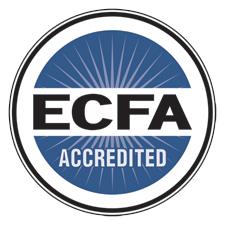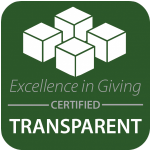This article was written in collaboration with Tom Jennings.
_
We all want to be healthy – in mind, soul, and body. The World Health Organization (WHO) defines mental health as, “a state of well-being in which the individual is aware of their own abilities, can cope with normal stresses of life, can work productively and fruitfully and is capable of making a contribution to their community.” To empower communities to develop and transform, it is important to not only empower people economically, but also psychologically and spiritually. We cannot improve economics in a community without dealing with mental health issues that have occurred in the past, especially in impoverished, underdeveloped communities. In this week’s blog, we want to share some of the stories and positive impact that has occurred as a result of the support we offer.
Living under constant fear or threat can cause serious health issues. Many of the orphaned and vulnerable children living in the countries in which Children’s HopeChest works are exposed to traumatic circumstances which can cause them lifelong challenges. “Poverty, neglect, housing instability, violence, food insecurity and separation from parents all affect childhood development- and thus, lifelong health,” says a Forbes article on childhood trauma. The Covid-19 pandemic has forced many of these already existing challenges to become more prevalent all over the world. Children are less likely to be successful as adults when they have so many barriers in their way. Interrupting this cycle and allowing children to grow up healthy not just in body, but in mind as well, supports their ability to climb other barriers in the future.
Uganda
In Uganda, 41% of people live in poverty, and almost half of Uganda’s population is under the age of 15. Many of the issues already faced pre-pandemic became exacerbated and have not improved yet. At many Ugandan CarePoints, staff have carried out counseling sessions with teenagers to discuss the challenges they were experiencing during the Covid-19 lockdown. They also coached them on how to manage adolescence and peer pressure amid the restrictions. They specifically hoped to target some of the older children, due to the high rates of teenage pregnancy in the community, and teach them about what the Bible says about overcoming temptation and facing challenges. Pregnancy can interrupt education and income generating activities, especially when the parents are very young.
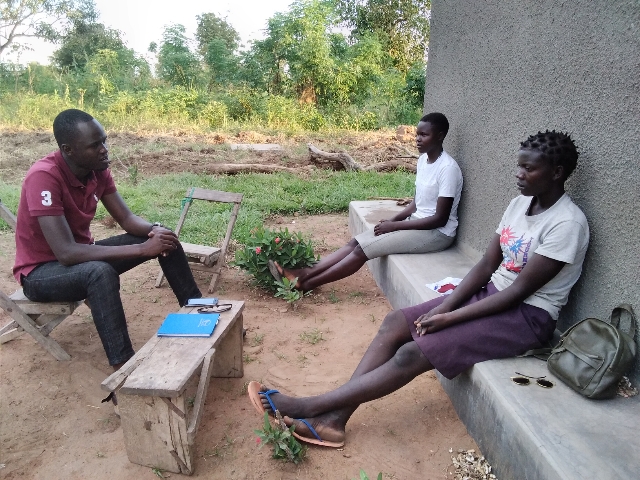
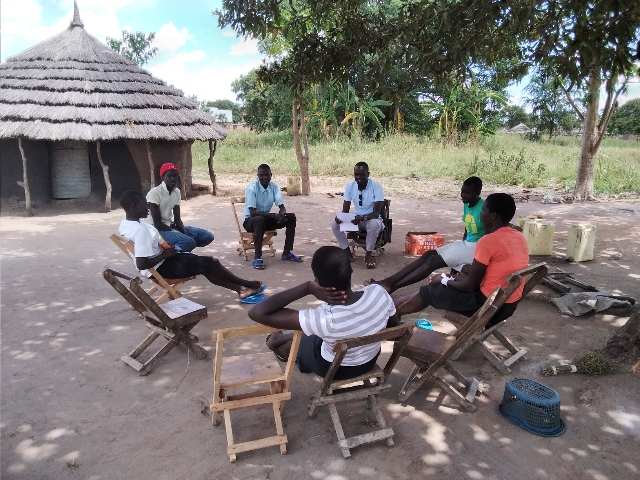
The Adacar CarePoint has diligently been conducting counseling and guidance sessions- even traveling to people’s homes to provide support. Staff visited the home of one of the CarePoint children after the entire family became sick with Covid-19. The CarePoint staff contacted the nearest health center to ensure that the family would receive home-based care. They also visited the family twice to read the Bible to them and to keep their spirits high! The whole family is recovering well. Support during a period of illness makes a huge difference. The staff also visited 3 other homes to provide Bible study sessions. They ended up teaching 6 guardians and 8 children, drawing from Psalms 55:22.
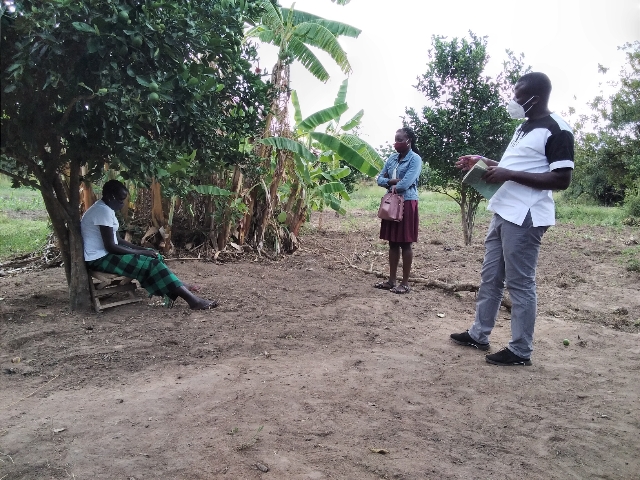
Staff also organized a community visit to a nearby village, where an 84-year-old woman had been struggling after the death of her grandson. Grief can often be paralyzing, and many don’t take care of themselves when they are overwhelmed. Three CarePoint children accompanied staff to the woman’s house. The staff were able to provide her with grief counseling while the children cleaned her house and fetched water. Sometimes, simple acts of kindness mean everything to someone who is going through a difficult time. This woman was able to get support from her community to work through her loss, with our help.
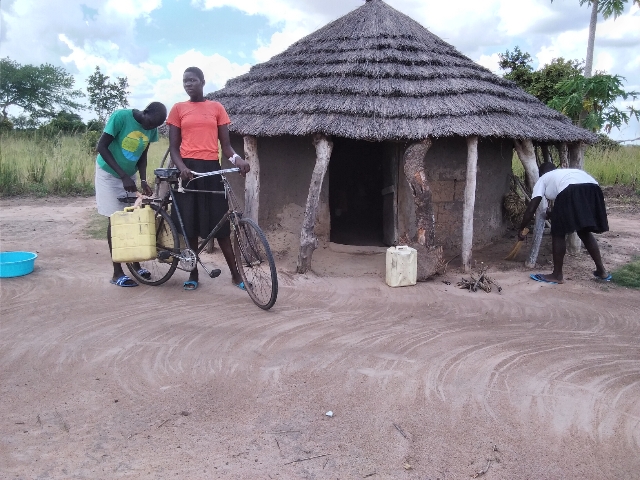
Ethiopia
Since November 2020, Ethiopia has been engaged in a civil war. While the fighting is mostly contained to the Tigray region, many are affected by the conflict and the fallout. To date, there have been thousands of deaths, and 1.7 million people have been displaced. Many existing systemic problems that Ethiopia dealt with got worse due to the conflict.
At the Shashemene Wondo Ber CarePoint, staff hosted a two-day trauma management course for 33 guardians of CarePoint children. The program focuses on mental treatments for past traumatic occurrences. The goal of the training was to create awareness about trauma, identifying and treating trauma, and healing from trauma’s other effects. The guardians told the staff about their past traumas, and also mentioned how relieved they felt after talking about them.
The staff from the Shashemene Wondo Ber CarePoint traveled to the nearby Shashemene Betale CarePoint to conduct the same course. The course was conducted for 42 guardians of CarePoint children there. The group shared a great deal about their personal histories and the things they’ve experienced in the past. They were able to help 3 guardians identify and acknowledge their trauma, and scheduled individual counseling sessions for them.
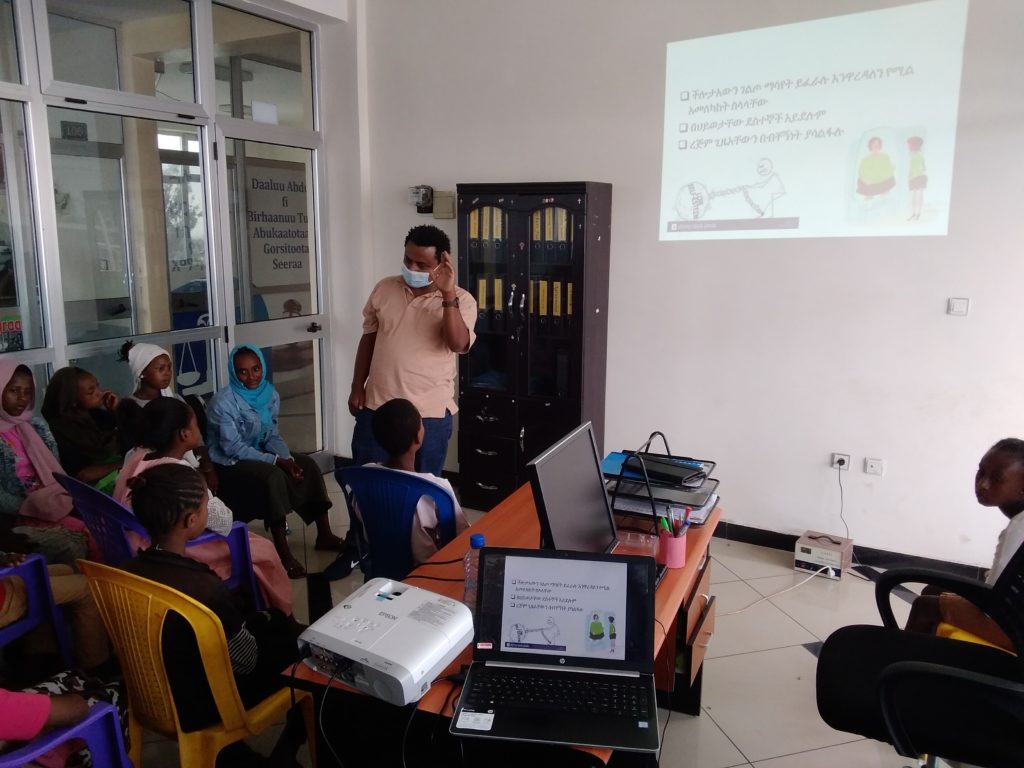
In addition to the trauma training, this CarePoint also provided a self-esteem class for 15 CarePoint children. They instructed them on why self-esteem is important, how to improve it, and reviewed factors that can impact self-esteem. They will check back in with the children in the future and monitor their progress!
Another CarePoint conducted something similar. At the Shashemene Gofa Sefer CarePoint, the staff gave 30 children a psychology self-awareness course. The children were taught about self-esteem and how to create confidence in themselves.
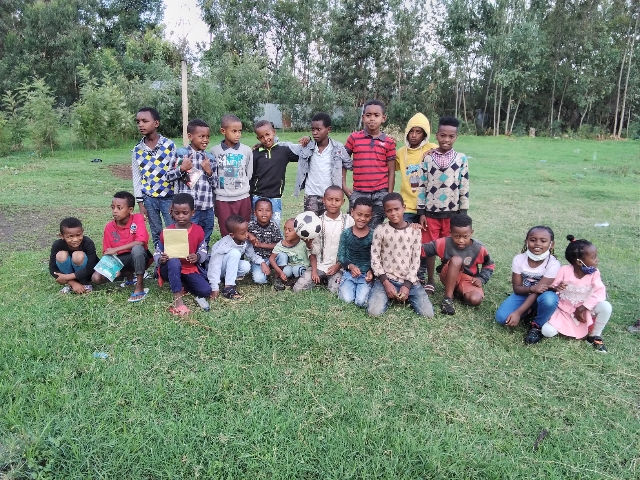
All of these efforts are contributing to CarePoint children and guardians’ mental health improvements. By reducing stress and other effects of trauma, long-term physical health effects can be avoided early. People can produce income without as much trouble, and have less future medical costs. Children grow up with confidence in themselves, and that can lead them to build healthier relationships in their adult lives. We are glad to see HopeChest’s resources used effectively in this way to promote mental health and wellness in various ways. We hope to see more in the future!


